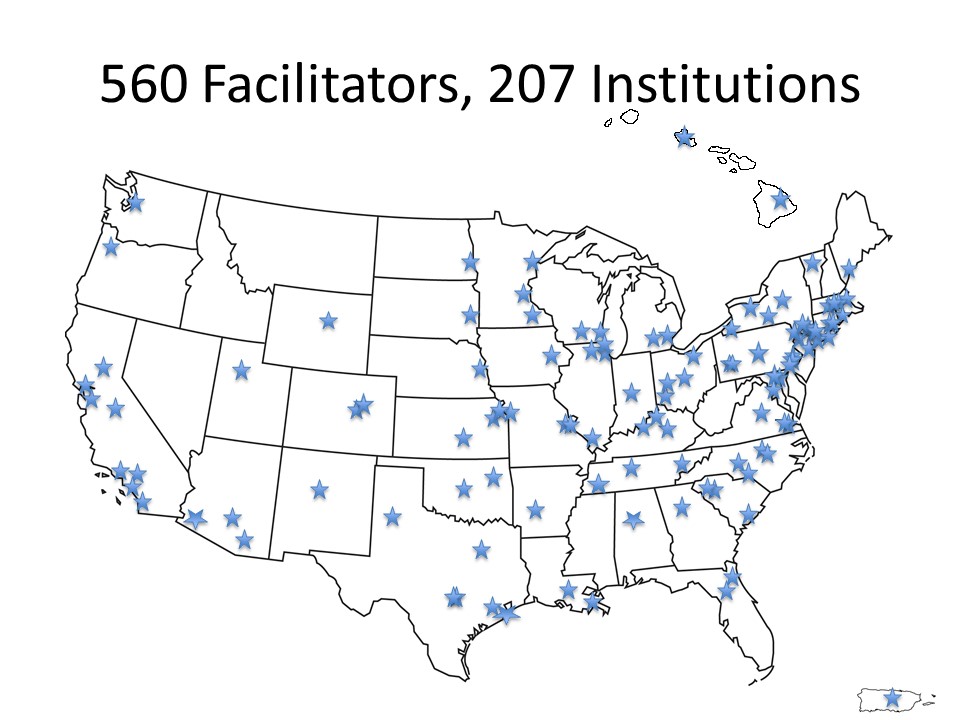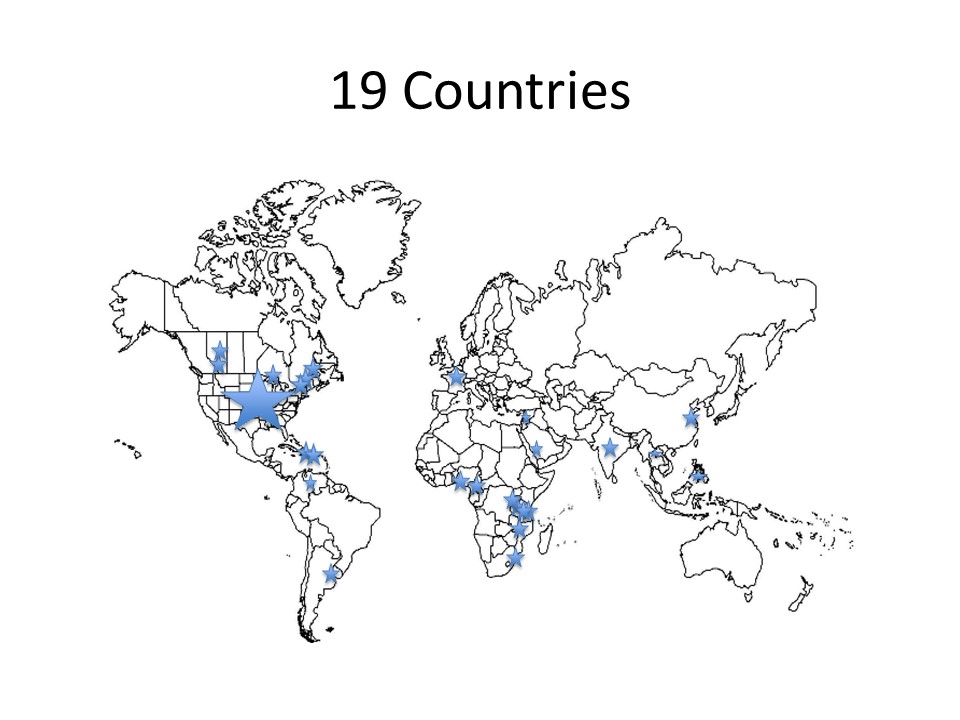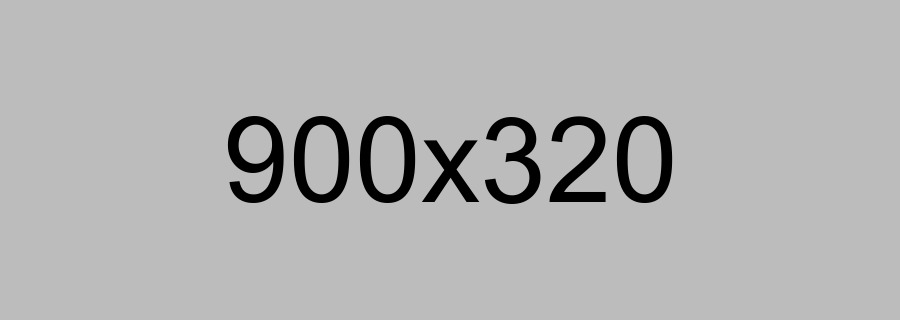Ongoing Projects & Project Leads
We have a number of ongoing SUGAR projects being led by colleagues across the country. Current projects and project leads include:
SUGAR for Medical Students – adapting the current SUGAR cases for use with medical students
Jackie Kuzminski, Medical College of Wisconsin
SUGAR EM Case Series – developing a series of Emergency Medicine specific SUGAR cases
Gabrielle Jacquet, Boston University
SUGAR OB Case Series – developing a series of Obstetrics & Gynecology specific SUGAR cases
Cynthie Anderson, University of Wisconsin School of Medicine & Public Health
SUGAR CANE (Cases About Non-Medical Experiences) – developing a series of SUGAR cases that put residents in situations they may encounter in non-clinical arenas (natural disasters, civil unrest, travel or illness related, etc)
Jennifer Watts, Children’s Mercy Hospitals & Clinics
Townsend Cooper, University of Oklahoma Health Sciences Center
SUGAR for All – evaluating the impact of using the SUGAR cases with all residents, not just those interested in global health
Jane Rosenman, Mayo Clinic
SUGAR - Practical Information from Core Educators (SPICE) – describing tips & tricks being used by SUGAR facilitators to increase the effectiveness of the SUGAR curriculum
Molly Shane, Ann & Robert H Lurie Children’s Hospital of Chicago
SUGAR CUBE (Care Using Basic Education) – creating teaching aids to be used with the SUGAR cases
Steve Warrick, Cincinnati Children’s Medical Center
Lindsey Troy, Medical College of Wisconsin
SUGAR Community Based Case Series – developing a series of SUGAR cases set in community or clinic based sites
Heather Lukolyo, Baylor College of Medicine
SUGAR Immigrant/Refugee Case Series – developing a series of U.S.-based SUGAR cases that pertain to immigrant and refugee populations
Heather Peto, University of Wisconsin School of Medicine & Public Health
SUGAR PEARLS (Procedural Education for Adaptation to Resource-Limited Settings) – creating a series of instructional videos about performing procedures using available supplies
Rachel Bensman, Cincinnati Children’s Medical Center
While we have found using the current SUGAR case series useful with residents across many specialties, we would like to develop a collection of specialty-specific cases. Those interested in authoring specialty-specific cases should contact us at ideas@sugarprep.org
Have another idea for a SUGAR project? Email us at ideas@sugarprep.org.
Trained SUGAR Facilitator Locations
212 Facilitators, 120 Institutions

9 Countries




